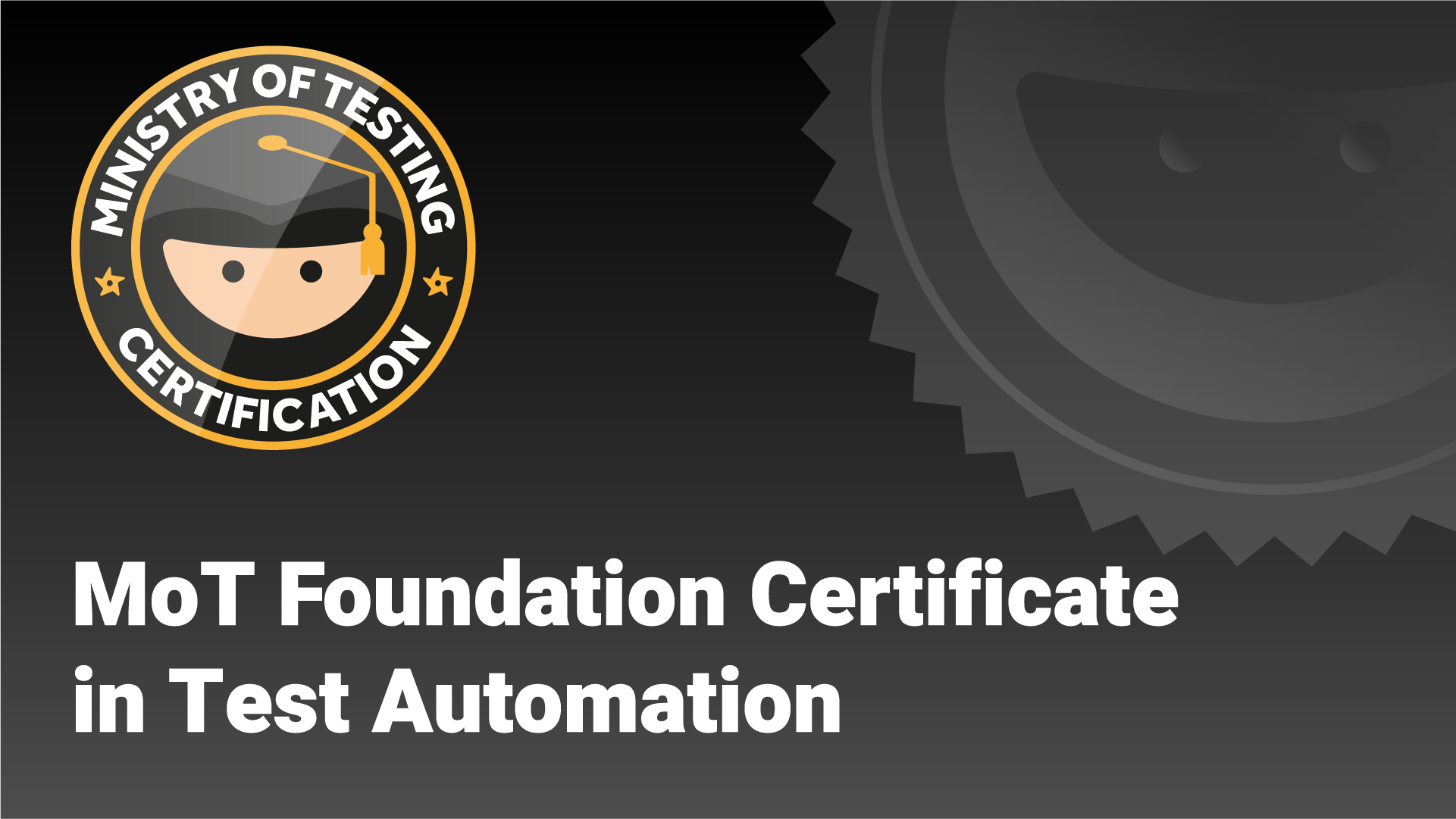Learning styles are not an exact science. Many tests with very large samples have been conducted and there is evidence of correlation between how people start their learning, how they base their decisions, and even how it links to their personality traits. Even though you may be sceptic about the scientific value of the model, there is value in its usage. Overreliance on models and treating it as the sole truth can be hazardous. It’s a model. It’s fallible. But it can be useful.

The activities we see depicted here, for each learning style, are not strange words to us. These are daily activities for us. They help us learn.
The archetypes help us understand typical behaviour of people that are 100% dedicated to one learning style. You might have tried to already align with one of these impersonations. It is very human to constantly categorise ourselves and the people around us. It makes life more bearable. As testers, it’s important to be wary of such subtle and subconscious decision making. The problem each of us has, is that we’re already inside one of these four boxes. Whether we choose to or not. It’s important for us to be able to break that pattern, for important information is revealed by variation rather than repetition. But in order to break patterns, we first have to identify them.
Pursue variation
We can’t help but to leave holes in our test coverage. We’ve grown accustomed to that. One way of mitigating the risk those holes bring, is by involving different people on the project, with their individual skills, focus and learning styles. Good testers, leads and managers can assess these differences in members of the team and use these different approaches to the advantage of the project.

Testing Styles
If you think about learning styles from a tester’s point of view, there’s really little difference to what we do every day. We might as well call them Testing Styles.
But they are not limited to us testers. Our co-workers also have a preferred Learning/Testing styles.
Can you spot them?
Here’s a few personal experiences with the various Tester Styles:
1. I have identified a close co-worker as an Activist
He’s very good at jumping into the product head first quickly noticing things that are out of order and is very inquisitive about new stuff. I can always count on him to suddenly blurt out new ideas or important questions that trigger interesting answers. I was amazed by these strong and quick traits, but I know I can’t always count on him to delve into documentation and come out with a checklist.
2. A second great tester I’ve worked with had a lot of Observer traits
He was reminiscent of a teacher of the team. He was very active in meetings and was always contributing. He asked questions and drew what he learned on the whiteboard. Afterwards, he would explain these lessons to the team time and time again. Often around a whiteboard. I liked how he sparked everyone around him to think more deeply during the conception of the ideas, but he was less critical of the implementation.
3. Another amazing tester I’ve worked with fit best in the Theorist category
She would always come up with interesting details that were buried in documentation and requirements. “If we implement this, then we run the risk of breaking this old functionality”. She had a very broad and strong overview of the large and complex product and knew how the strings tied together. She was incredibly valuable to the team. Her flares of genius often saved our asses. But she didn’t always perform reliably as she was often distracted by seemingly less important tasks.
4. The Pragmatist I worked with was a member of a strange breed, but quite valuable in his own way
He was pretty good at detecting illogical explanations or shallow decisions. He asked the hard questions and would kick a few shins if he thought that would work out for the better. He’d always go looking for the next improvement, often finding problems where there were none before. This could create conflicts, where he’d value facts and truth over feelings. He relied heavily on his experience and knowledge of the world around him to challenge everything. Though he was fast to cut through a weak concept and starting new ideas, I feel he often lost focus and left ‘working out the details’ to others.
I’ve worked closely with all four of these testers on different projects and should you ask me which one I prefer, I wouldn’t be able to give an answer. What I do believe in is that all four of them working together, challenging each other and leveraging each other’s skills, would be an incredibly strong test team.



